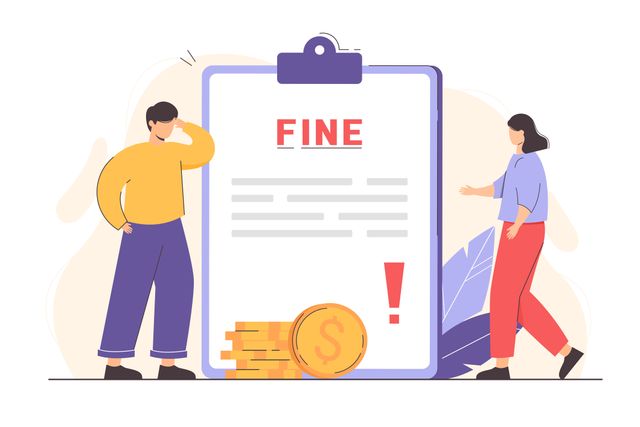The Court of Appeal has confirmed that claims in fraud, dishonesty and conspiracy had been released by the parties’ settlement agreement, even though the release did not expressly mention such claims.
The Court agreed that the usual principles of contractual construction apply to settlement agreements and there is no rule of law that express words are required to release claims in fraud.
The judgement also addressed the authorities concerning the supposed ‘sharp practice’ principle, which may prevent a settlement agreement from being effective where one party has used sharp practice to exclude liability, whilst keeping the counter-party in the dark. Phillips LJ concluded that where a release was interpreted as covering unknown claims in fraud, dishonesty and conspiracy, that necessitated a finding that the parties mutually intended to settle such claims. This left little possibility for finding one party guilty of ‘sharp practice’ concerning the existence of such claims.
Case: Maranello Rosso Ltd v Lohomij BV and others [2022] EWCA Civ 1667 (21 December 2022) (Asplin, Arnold and Phillips LJJ)









